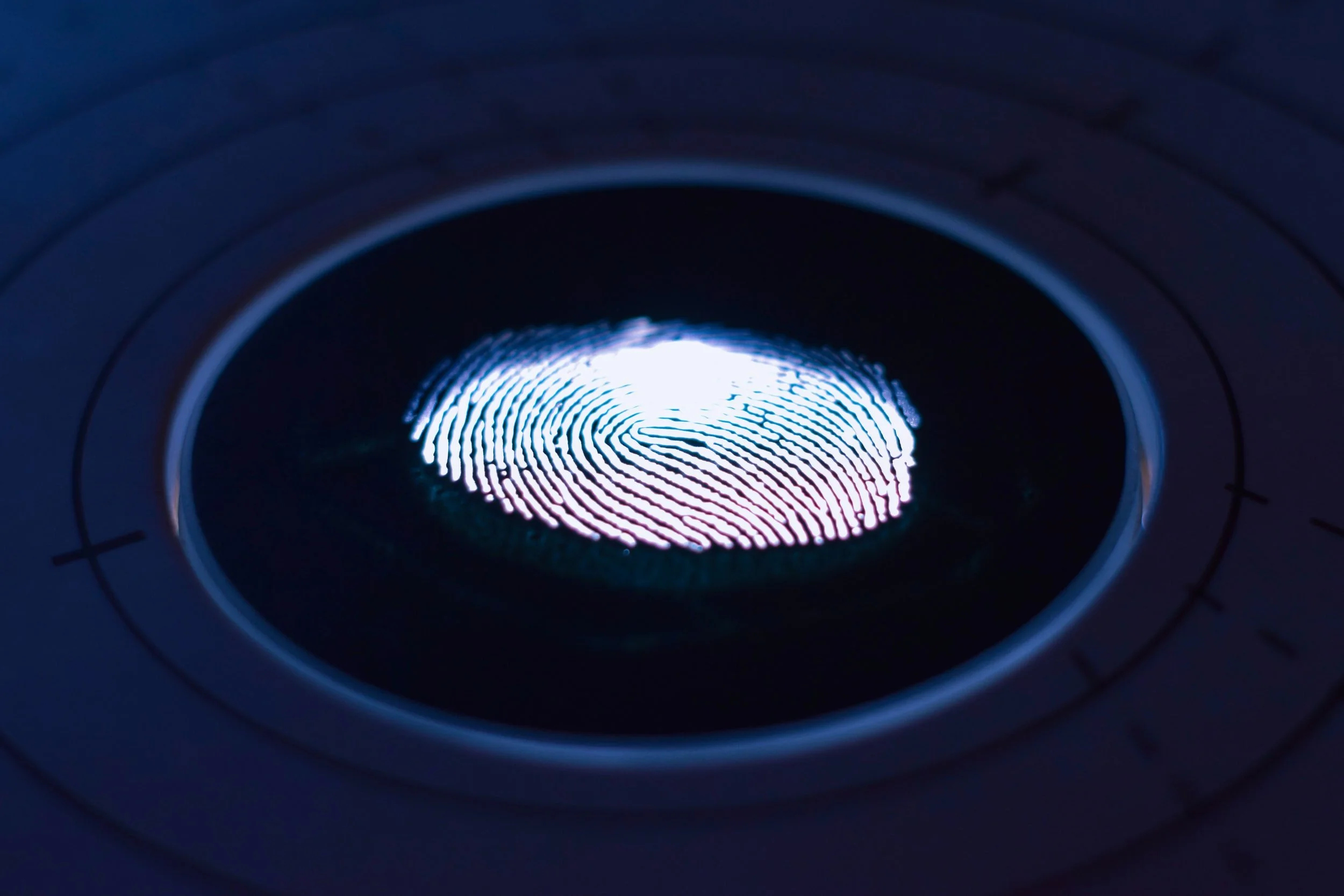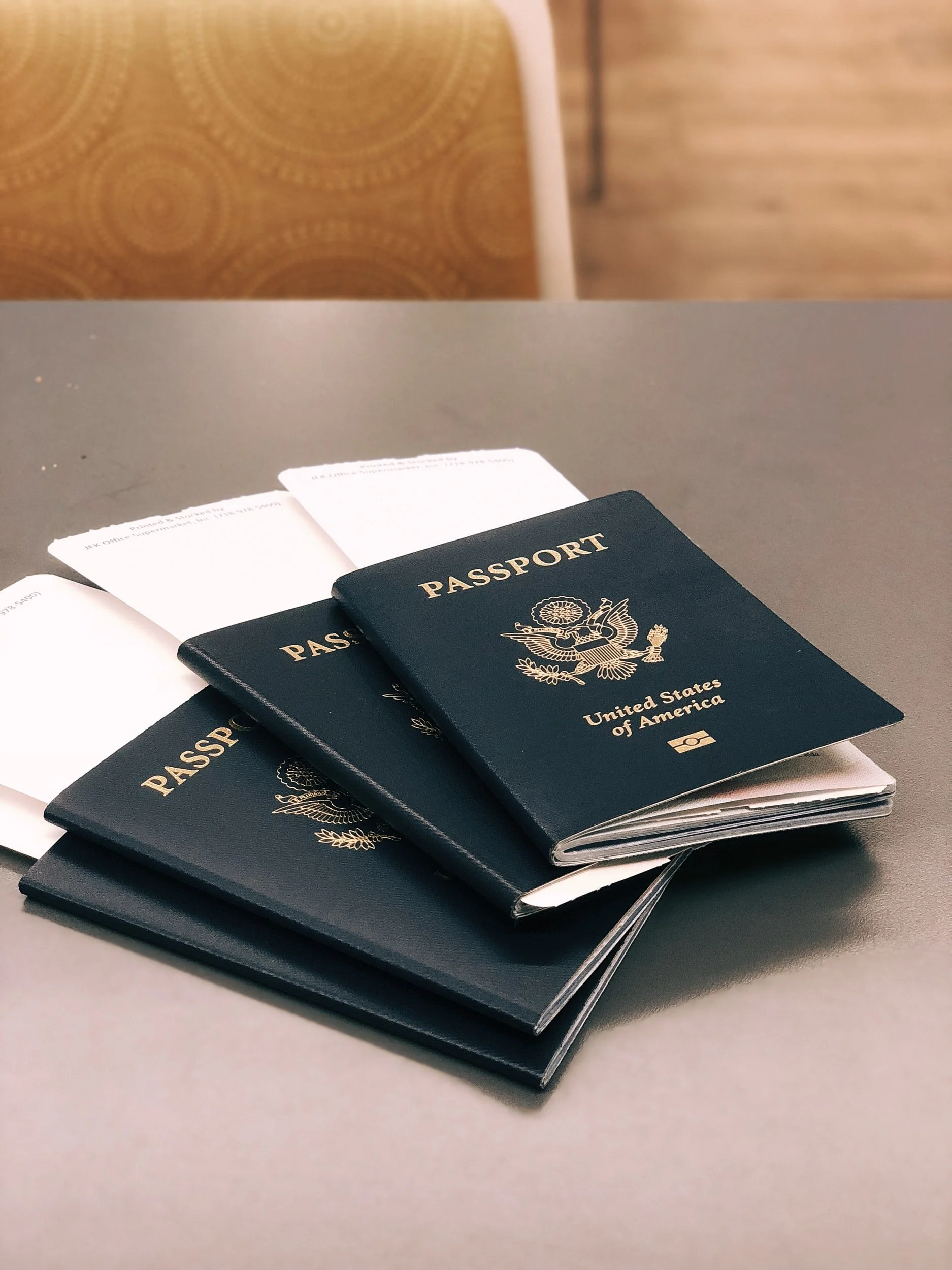80,260,092 and 983,237. Respectively, these are the numbers of reported COVID-19 cases and deaths in the United States. The effects of COVID-19 impact people who contracted the disease, families who lost someone, and people at risk who have been in isolation for over one year. One group who has been heavily affected by the pandemic is healthcare professionals. Healthcare workers were thrown into the frontlines without proper equipment, including PPE, and, at one point during the height of the pandemic, they also did not have enough ICU beds and ventilators. Because healthcare workers lacked medical equipment, they were more likely to contract COVID-19, which reduced the “quality and quantity of care available.”
A Crime with No Punishment? Domestic Terrorism in the United States
Why COVID-19 Furthers the Case for a National Biometric Privacy Law
The global pandemic has both increased the demand for contactless biometric technologies and pushed for innovation in this industry. This increase in demand and innovation of biometric technology has amplified the inherent data privacy concerns in the technology, making the need for a national biometric law evident.
WHY THE NBA NEEDS TO END ITS LONG-STANDING RELATIONSHIP WITH NCAA COLLEGE SPORTS
The NCAA is the omnipotent organization that runs college athletics in the United States. The NCAA and its member college and university athletic departments raked in a whopping $18.9 billion dollars in 2019. The college athletes are the revenue generators and the labor. Without the college athletes, the NCAA would not exist. Yet, college athletes receive no compensation. While college basketball and football players are predominately black, NCAA executives, athletic directors, coaches, media personalities, and television producers are overwhelmingly white. Thus, the unpaid black athletes make extraordinary sums of money for wealthy white men who reap the spoils of a grossly exploitative system
Stripping Citizenship: A Former ISIS Bride and Child are Unlikely Canaries in the Coal Mine
Hoda Muthana, a woman who willingly became an ISIS bride, is not likely to inspire much sympathy in the US. The State Department asserted that Hoda was not a citizen, despite that she was born in the United States and that the State Department had previously recognized her as a citizen. As non-citizens, neither Hoda nor her son Adam had the right to return to the US; they remain in a Syrian detention camp with other former ISIS brides and their children. Few American citizens will shed tears over an ISIS bride losing her citizenship. However, it should disturb all of us how easily – and how quickly – it happened.






